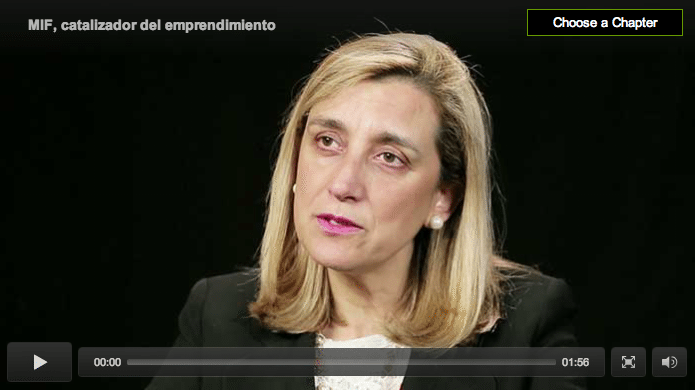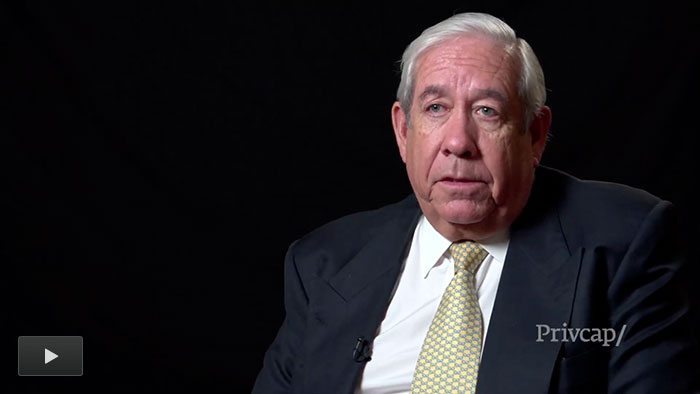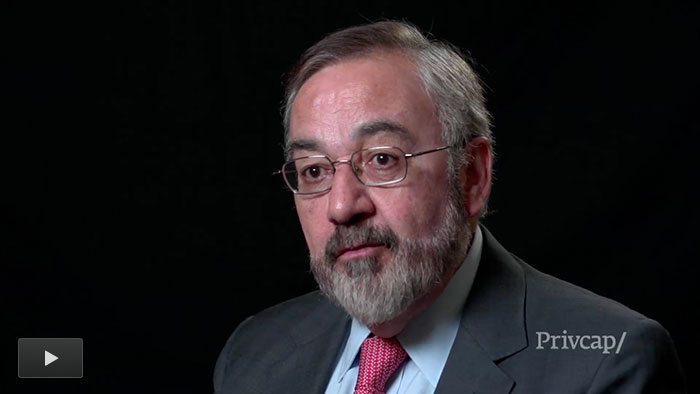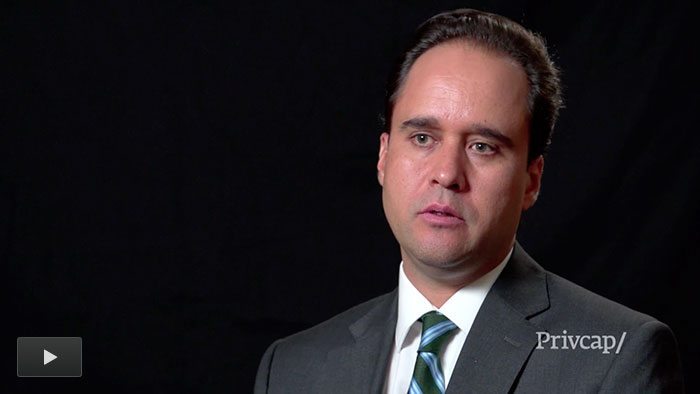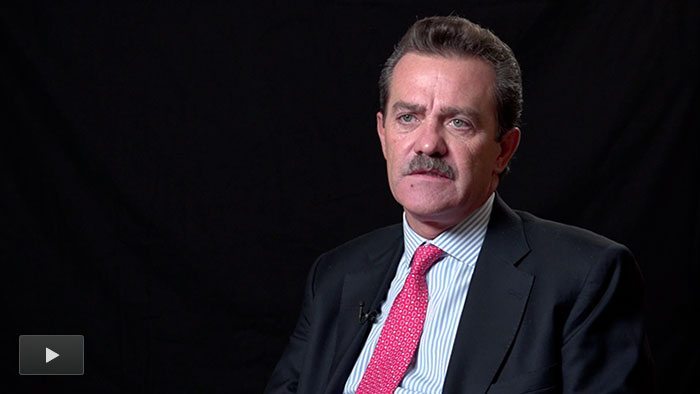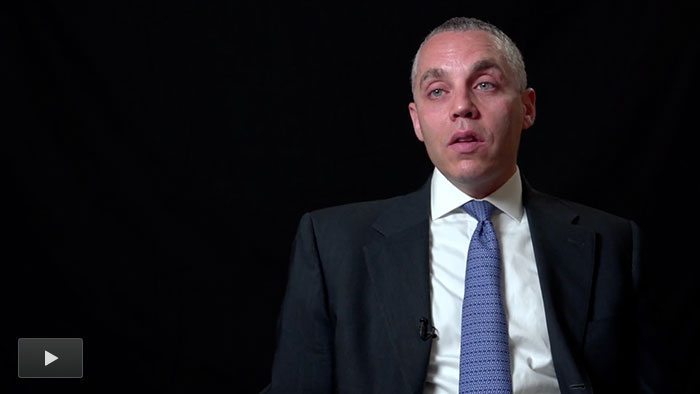The New Private Equity Hot Spot in Latin America
A decade ago, Colombia wasn’t on the private equity map. An anemic economy, warring druglords, and rampant street crime scared off most investors. Today it’s a different story: the economy is growing, violence is down, and suddenly Colombia is one the region’s most attractive markets for private equity.
In 2005, only two private equity funds were raised in the entire country. By contrast, 17 new funds were raised in 2010, according to Bancoldex, the Colombian state development bank. With fund size averaging about $200 million, that’s billions of dollars entering the market.
So what happened?
“You had the transition under President Alvaro Uribe, where you had much greater security and the issue of drug trafficking was largely reversed,” said Cate Ambrose, executive director of the Latin America Private Equity and Venture Capital Association. “So you really have seen a macro environment that’s become much more attractive to CEOs and businesspeople of all kinds that have been traveling to the country to look for opportunities.”
Another turning point was the introduction of legislation in 2007 that, for the first time, allowed Colombian pension funds to invest up to five percent of their assets in local private equity and venture capital funds. “That spurred the formation of the first domestic private equity funds in Colombia,” Ambrose said. “The availability of local capital can really be an important catalyst for the development of the industry.”
Between 2007 and 2010, more than 20 funds were raised in Colombia, compared to only four funds before the legislation was passed.
Ambrose said that the country has thrown its support behind the private equity industry. “Bancoldex has been putting capital into domestic private equity funds and runs a number of training programs for the development of the industry,” she said. “Even from a regulatory framework, you have political leaders and the finance ministry working to create favorable taxation and regulations around pension funds. So it’s a combination of positive factors that have contributed to the development over the last five or six years.”
Maximiliano del Vento, vice president at Partners Group, a global private equity firm, said the Colombian government has done an exceptional job improving the country’s image. “I also think the economic development that Colombia had in the last few years is fantastic,” he added, noting that GDP has tripled over the last decade and foreign direct investment is at record levels. “Colombia is investment-grade. It’s a great place to do business.”
The Colombian market has distinct features that make it attractive to global investors. It is one of the few markets in the region where the local investor base, including pension funds, can invest outside the country and make allocations to private equity internationally.
“Brazil, of course, has enormous assets, but the Brazilians are not investing outside of their domestic market, and the same is true in Mexico,” del Vento said. “Colombia has been by far the most open market in Latin America to allocating internationally and to meeting international managers and diversifying their portfolio.”
Rich in resources and politically stable, Colombia has seen a parade of foreign investors recently. In the past couple of years, there have been significant opportunities for investment in areas like energy, mining, and infrastructure.
“If you look at the M&A market, it’s far from over,” del Vento said. “There is huge activity in these sectors.” He also likes education, healthcare, retail, real estate, telecom, and financials.
The challenge is competition. At this point, there are simply not enough private equity deals to go around. “You have a very competitive landscape today in Colombia,” said del Vento. “There is lots of money in the market, but the bottleneck seems to be that there are not enough business owners who are ready to work with private equity managers.”
Ultimately, the market must be educated—especially local entrepreneurs and family business owners—on the advantages of private equity. “We’ve seen some good deals,” del Vento said, “but you would have expected to see more in the last few years, given the number of active investors there.”
A decade ago, Colombia wasn’t on the private equity map. Today it’s a different story.

